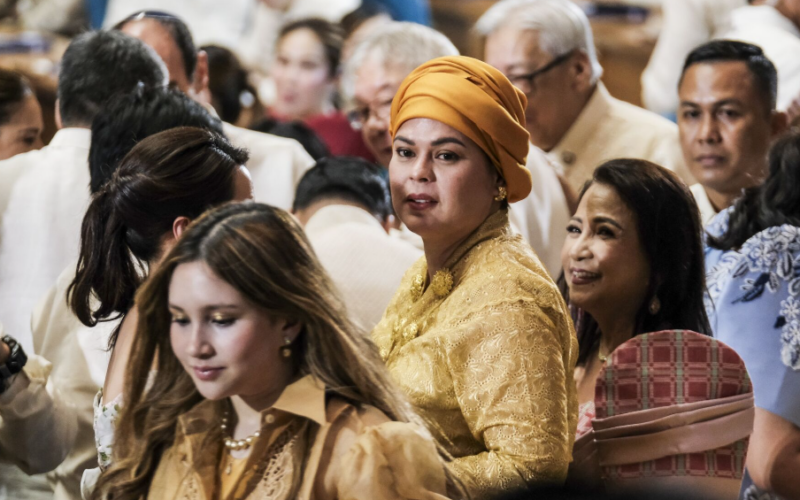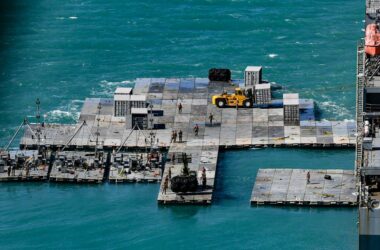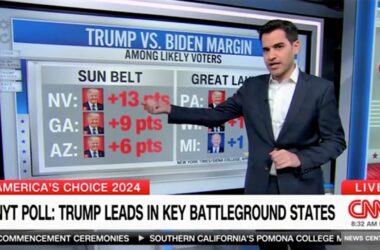In a notable policy disagreement within the ruling coalition, Philippine Vice President Sara Duterte has expressed criticism over the proposed amendment to the country’s constitution, particularly focusing on changes that could potentially relax foreign ownership restrictions. This development marks a divergence of views within the government, with President Ferdinand Marcos Jr. supporting a review of the constitution’s economic provisions to attract increased foreign investments.
Aligned with the president’s stance, allies of President Marcos filed a proposal in the Senate to amend the constitution, seeking to facilitate higher levels of foreign ownership in key sectors such as public utilities, education, and advertising. This move is positioned as an effort to make the Philippines more attractive to foreign investors.
Vice President Duterte, however, has openly criticized the push for constitutional changes, asserting that it fails to address the pressing issues facing the nation. In a statement released on Friday, she expressed concern that the move reflects the indifference of politicians to the real conditions of ordinary Filipinos. Duterte emphasized that the constitutional amendments do not contribute to resolving the growing incidents of crime and terrorism in Mindanao, her hometown.
Additionally, Duterte denounced a petition drive aimed at garnering support for the constitutional changes. She alleged that individuals are being incentivized with monetary rewards in exchange for their backing of the proposed amendments. This denouncement underscores the vice president’s skepticism about the methods employed to gather public support for the constitutional revisions.
Vice President Duterte reiterated her heightened concern about the escalating incidents of crime and terrorism in Mindanao, emphasizing that these pressing regional issues require urgent attention. This focus on local challenges underscores her commitment to addressing immediate problems faced by the population.
This is not the first instance of policy differences within the ruling coalition. Last month, Vice President Duterte opposed the administration’s efforts to restart peace negotiations with communist rebels, characterizing it as “an agreement with the devil.” These differences highlight the complexity of governance and decision-making within the Philippine government.
The criticism voiced by Vice President Sara Duterte against proposed constitutional amendments reflects the ongoing debates within the ruling coalition on crucial policy matters. As the government navigates these internal differences, the broader impact on the country’s economic policies, foreign investments, and regional stability remains a subject of close observation. The Philippines’ political landscape continues to evolve with contrasting perspectives shaping the trajectory of the nation’s governance.








